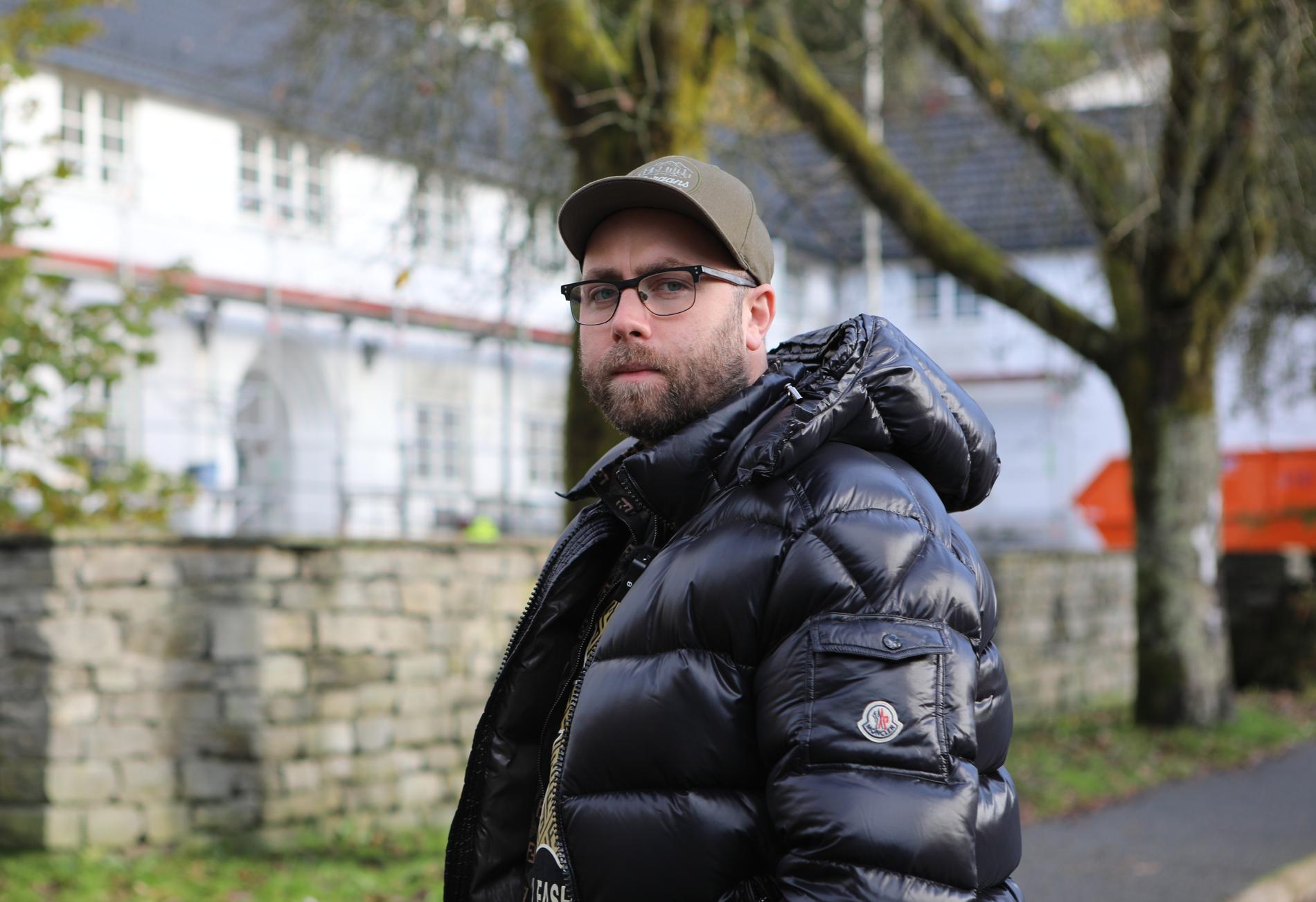Bergen police will conduct new interviews in hopes of finding Trine Frantzen’s remains.
Trine Frantzen (31) disappeared without a trace after a party at Øvsttun in Bergen in May 2004. No body has ever been found and the police are unsure where the crime scene is. However, the Bergen police reopen part of the investigation into the murder.
18 years after the disappearance of the Bergen woman, there is great optimism in the police to make new discoveries in the the much-discussed crime mystery.
to listen on various murder theories in Krimpodden’s podcast documentary about the case in Podme or with VG+:
Bergen Police Inspector Tore Salvesen has great faith that there are people who know what happened in 2004.
– For us, it’s about finding out who it is and getting them to talk. I’m optimistic, she says.

The police inspector explains what the purpose of the police is in the case:
– We hope that this work will lead us to find the remains of Trine Frantzen, so that we can give an answer to the next of kin. And then obviously it will be important for us to find out what happened, and possibly who had a hand in her death.
In early October, the Bergen police had a meeting with the Kripos group that deals with serious and unsolved cases: Cold case. They assessed the case, wrote an internal memo and recommended the Bergen police to carry out further tactical investigative measures, Salvesen says.
– They basically came to the same conclusion as us, that it’s very likely that she was the victim of a criminal offense by one or more people she knew, she says.

The police inspector does not want to go into detail on how they will work with the case, but says people who have not been questioned before and people they have spoken to before but want to speak to again with a background in new issues assumptions can be questioned.
He can avoid prosecution
VG’s crime commentator Øystein Milli believes there are advantages to the fact that it is approaching 19 years since Trine Frantzen went missing and was likely exposed to a criminal act.
Persons who, for example, helped cover up tracks today, in principle, will avoid prosecution, because opposition to an investigation has a ten-year limitation period.
Homicide and sexual offenses against minors never expire.

It’s not optimal to investigate a criminal case long after a criminal act, Milli points out. However, he, like the police, is optimistic:
– When that much time has passed, there may have been changes in people’s lives that have made them more open to talking now than before. It could be, for example, that they left an environment and a way of thinking that led them to withhold information a few years ago, Milli says.

Trine’s son Jørgen Frantzen (31) is happy that the police are looking into the case again, but has little expectation for an explanation.
– It’s not easy when 18 years have passed and you were in an environment where most of the witnesses died. This makes things difficult.
Trine Frantzen was a drug addict and part of an environment with drug use and sale. She lost responsibility for her son when Jørgen was a couple of years old. However, the two had a close relationship.
In this documentary podcast, Jørgen Frantzen talks about growing up and his relationship with his mother:


